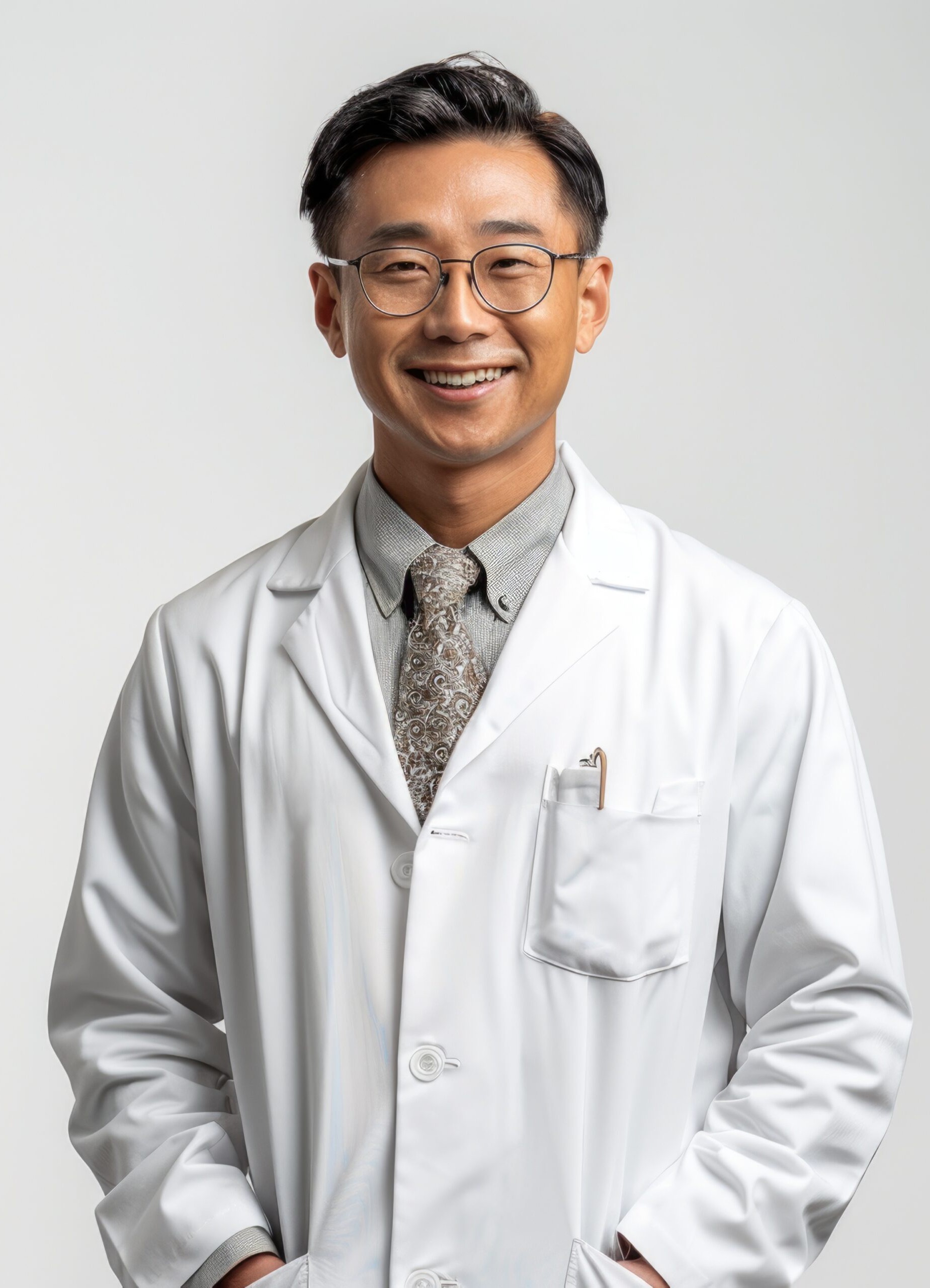What is an enteroscopy?
The enteroscopy procedure is an endoscopic process in which a long, thin, flexible scope is inserted into the patient’s mouth and progressed to the jejunum (the second portion of the small intestine). The scope has a camera and light attached to the end of it which helps our GI specialists examine the interior lining of the esophagus, stomach, and small intestine. An enteroscopy procedure might be performed to determine the cause of gastrointestinal problems such as stomach pain, bleeding, or concerning x-ray results. If you have been told you need an enteroscopy, contact our team of knowledgable GI doctors at Gastroenterology Consultants to learn more. Our providers commonly perform enteroscopy procedures for Houston, TX individuals and look forward to helping you improve your digestive health.
Why would someone need an enteroscopy?
An enteroscopy is often used to diagnose concerns or disorders in the small bowel. Signs or symptoms of such abnormalities might include:
- Unexplained diarrhea
- Bleeding
- Abnormal x-ray results
- Tumors or growths in the small bowel
To some degree, the alternatives to this exam will be dependent on why an enteroscopy might be needed in the first place. In a variety of patients, an enteroscopy is the best way to diagnose and manage abnormalities in the upper GI tract, particularly if they involve the the second portion of the small intestine. However, the x-ray image known as an upper GI/small bowel follow-through can allow our team to evaluate the upper GI tract, as well. This is, though, only a diagnostic tool. Treatment of these abnormalities will necessitate an enteroscopy and/or a surgical procedure.
What should I expect the day before my enteroscopy procedure?
You will receive directions from your Gastroenterology Consultants provider regarding the steps to take in preparation for this procedure. Many patients will most likely be cleared to eat normally the day before their exam. You will be instructed not to ingest anything by mouth after 12:00 a.m. aside from any medications you normally take. It is important to adhere to the instructions provided by your doctor. You will also receive further instructions regarding your medications. In the majority of cases, your medications can continue as usual. However, in select circumstances, especially if you take anti-coagulants or are diabetic, specific instructions will be given.
What happens during an enteroscopy?
We will ask you to enter the endoscopy facility 1 to 1.5 hours before your scheduled exam. This gives you time to complete patient forms and prepare for the exam. You will be asked to change into a hospital gown. An intravenous (IV) catheter will be started in your arm so sedation can be administered. We will connect you to a system that will enable our providers to keep track of your heart rate, blood pressure, pulse, electrocardiogram, breathing, and oxygen level during and after the exam.
Once settled in your exam room, you will be asked to lie down on your left side. The sedation will then begin and will be administered in small increments to ensure you do not have a reaction to the sedation and to provide only the amount you need. When the ideal level of sedation is achieved, the endoscope will be gradually introduced into your mouth. The scope will be carefully advanced through the esophagus, stomach, and small intestine. A bit of air will be injected through the scope into your GI tract to help our team see. Any fluid remaining in your upper GI tract will be suctioned out through the scope. Based on the findings of your procedure, several processes may be performed at the time of your enteroscopy, such as biopsies, removal of polyps, and control of bleeding. After the procedure is complete, any remaining air and fluid will be suctioned out through the scope. Depending on individual needs, the procedure takes approximately 15 – 45 minutes to complete.
After the exam, you will be transferred to a separate recovery room to be supervised while the sedation dissipates. The amount of sedation used during the exam and your particular reaction to it will dictate how quickly you wake up, though many patients are awake enough to be released within 45 – 60 minutes. You will not be allowed to drive for the rest of the day, so you will need to arrange for a ride home. You will be instructed not to work, sign official documents, or perform taxing activities for the rest of the day. Typically, patients are capable of eating and drinking normally after their discharge from the endoscopy center, however, specific instructions regarding activities, medications, and eating will be provided before being released.
Following the enteroscopy procedure, your Gastroenterology Consultants team will go over the findings of your procedure with you. Many individuals will struggle to remember what they are told after the exam due to the effects of the sedation medication. It is recommended, if you are able, to have a family member join you with whom the results can also be discussed. We will also send you home with a typed report. You will be informed of any biopsy results within about one week.
Are there risks with an enteroscopy?
In general, an enteroscopy is a very safe process. In general, complications happen in only about 1% of patients. The majority of complications are not life-threatening, however, if a problem does arise, it could require a hospital stay or a surgical procedure. Before your exam, a consent form will be reviewed with you by the nursing staff. If any questions or concerns arise, these can be discussed with your physician before your procedure.
Health-related reactions as a result of the sedation medication could develop. These may include but are not limited to allergic reactions, difficulty breathing, effects on the heart and blood pressure, and irritation of the vein used to give the medication. Bleeding may occur with biopsies, removal of polyps, and with dilating strictures. Substantial bleeding, which could result in hospitalization or a blood transfusion, is unlikely. Perforation or puncture of the esophagus, stomach, or small intestine could occur, although this is unlikely. Such an occurrence may be recognized during the procedure, or it might not become apparent for several hours. In most cases, perforation will result in surgery or a hospital stay. This is not likely, even when biopsies are taken or dilation is performed. It is very important that you contact our Houston, TX office promptly should symptoms occur after the procedure such as worsening abdominal pain, bleeding, or fever.
As is the case with any other procedure, enteroscopy is not perfect. There exists a small, acknowledged chance that abnormal concerns, such as malignancies, might be undiagnosed during the the procedure. It is essential to continue to follow up with your physician as instructed and let them know of any new or ongoing symptoms.
Enteroscopy FAQs
What precautions should I take post-enteroscopy?
Following your enteroscopy, it’s important to refrain from eating or drinking until your physician advises otherwise. Adhere to any medication instructions provided and steer clear of strenuous physical activity. If you encounter severe abdominal pain, persistent bleeding, or develop a fever, don’t hesitate to reach out to our office for assistance immediately.
Who might not be suitable candidates for enteroscopy?
Enteroscopy may not be recommended for individuals with specific medical conditions or factors that elevate the risk of complications. Those with severe heart or lung disease, uncontrolled bleeding disorders, or recent heart attacks may not be suitable candidates due to the risks associated with sedation and the procedure itself. Additionally, individuals with anatomical abnormalities or strictures in their digestive tract may be advised against undergoing enteroscopy. It’s crucial to discuss any current health conditions or concerns with your healthcare provider to determine if enteroscopy is suitable for you.
What distinguishes an endoscopy from an enteroscopy?
The primary distinction between an endoscopy and an enteroscopy lies in the area of the digestive tract they examine. Both procedures utilize a flexible tube with a camera (endoscope); however, an endoscopy typically investigates the upper gastrointestinal tract, including the esophagus, stomach, and duodenum. In contrast, an enteroscopy focuses specifically on visualizing the small intestine, which is deeper within the digestive system and more challenging to access. Enteroscopy becomes necessary when other diagnostic tests like endoscopy or colonoscopy fail to yield clear results or when there’s a suspected issue in the small intestine.

